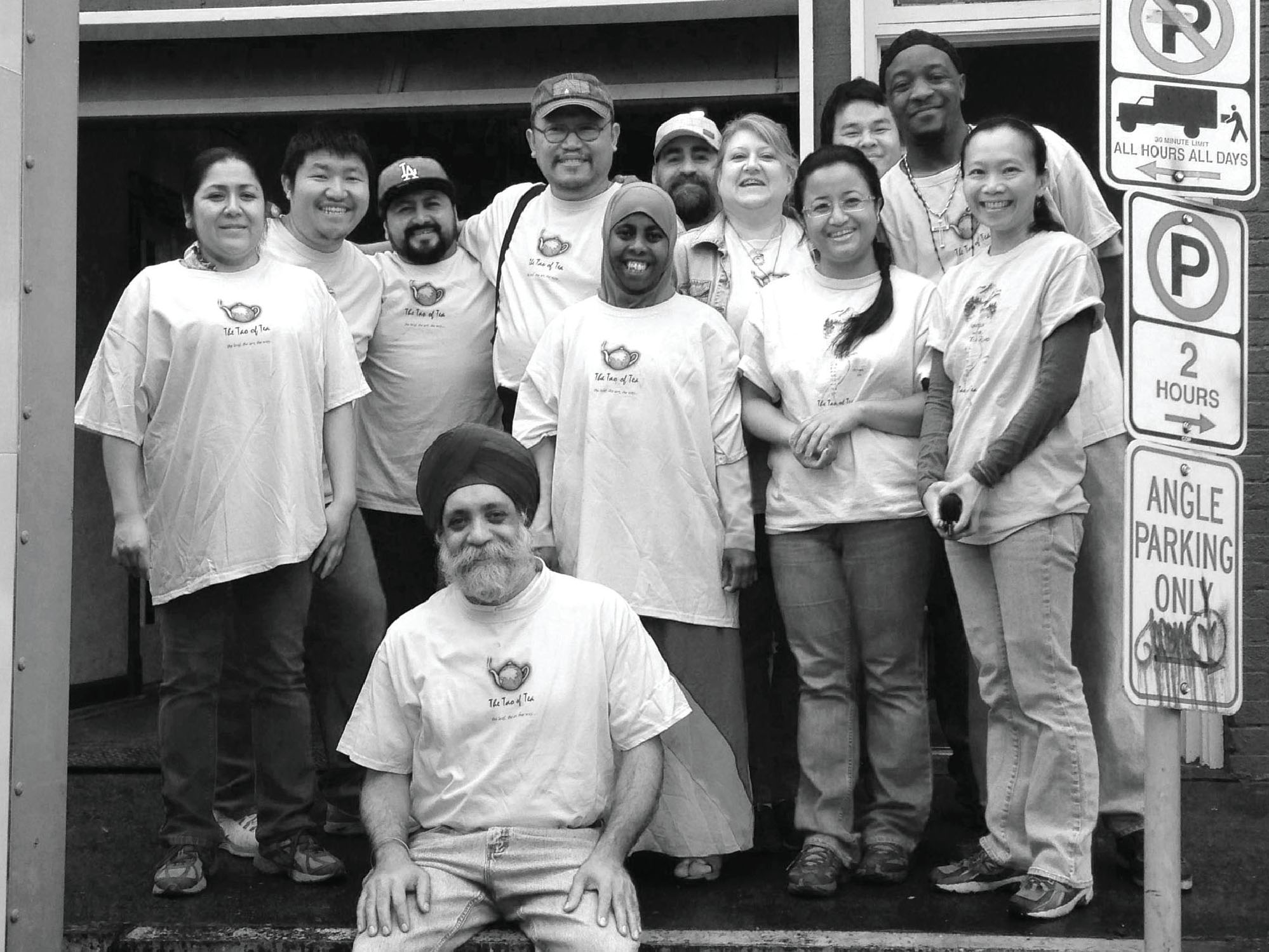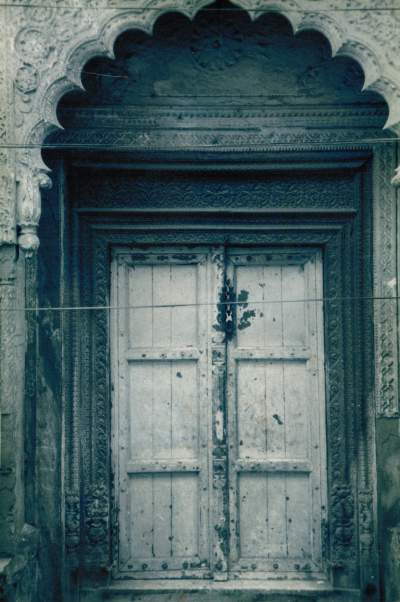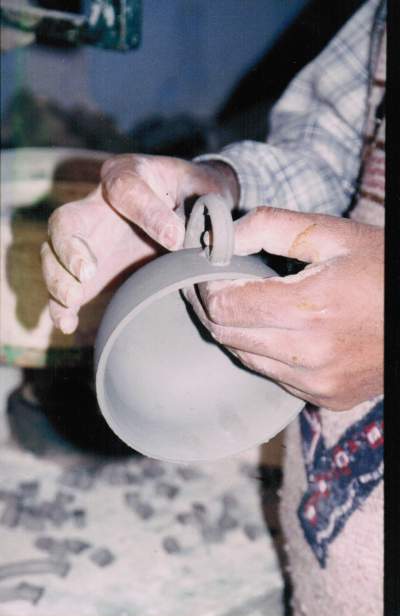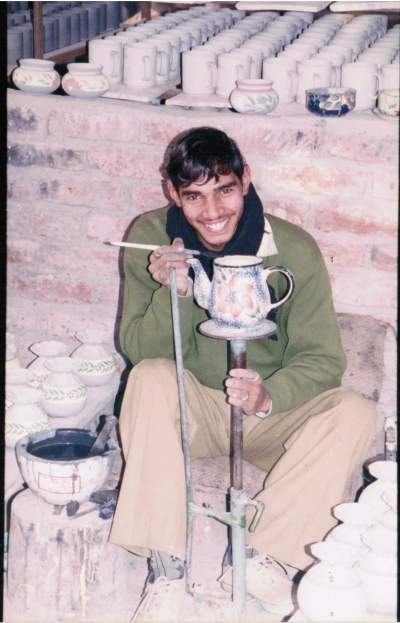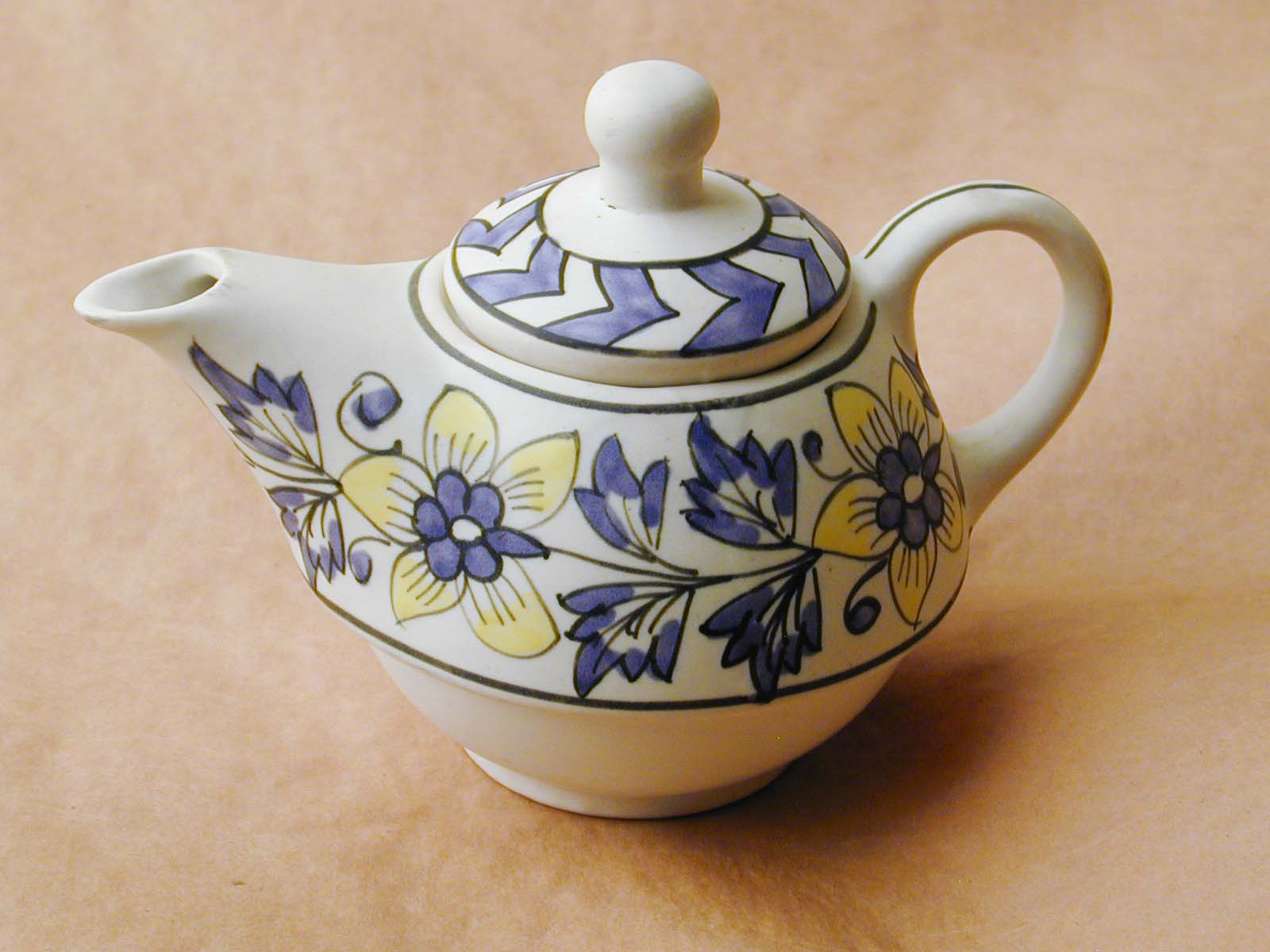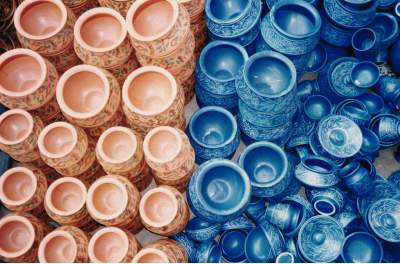Dear Friends and Tea Drinkers,
One of the most enjoyable aspects of The Tao of Tea working environment is its multiculturalism. It is a place where Chinese, Taiwanese, Japanese, African Americans, Somali refugees, Caucasian Americans, Nepalis, Indians, Hispanics, and other individuals come together to work, drink tea, share meals and build relationships.
We have learned through tea that celebrating diversity and mutual respect are essential rules for workplaces, not the exception. As a company, The Tao of Tea stands against bigotry and any form of discrimination. More than ever, we want to acknowledge the value and power of diversity and denounce actions that promote exclusivity, such as the recently announced travel ban and any rhetoric that divides people on superficial levels.
We send good wishes to all and remain an open and inclusive company.
-Veerinder Chawla, Founder of The Tao of Tea
